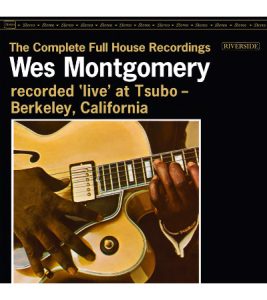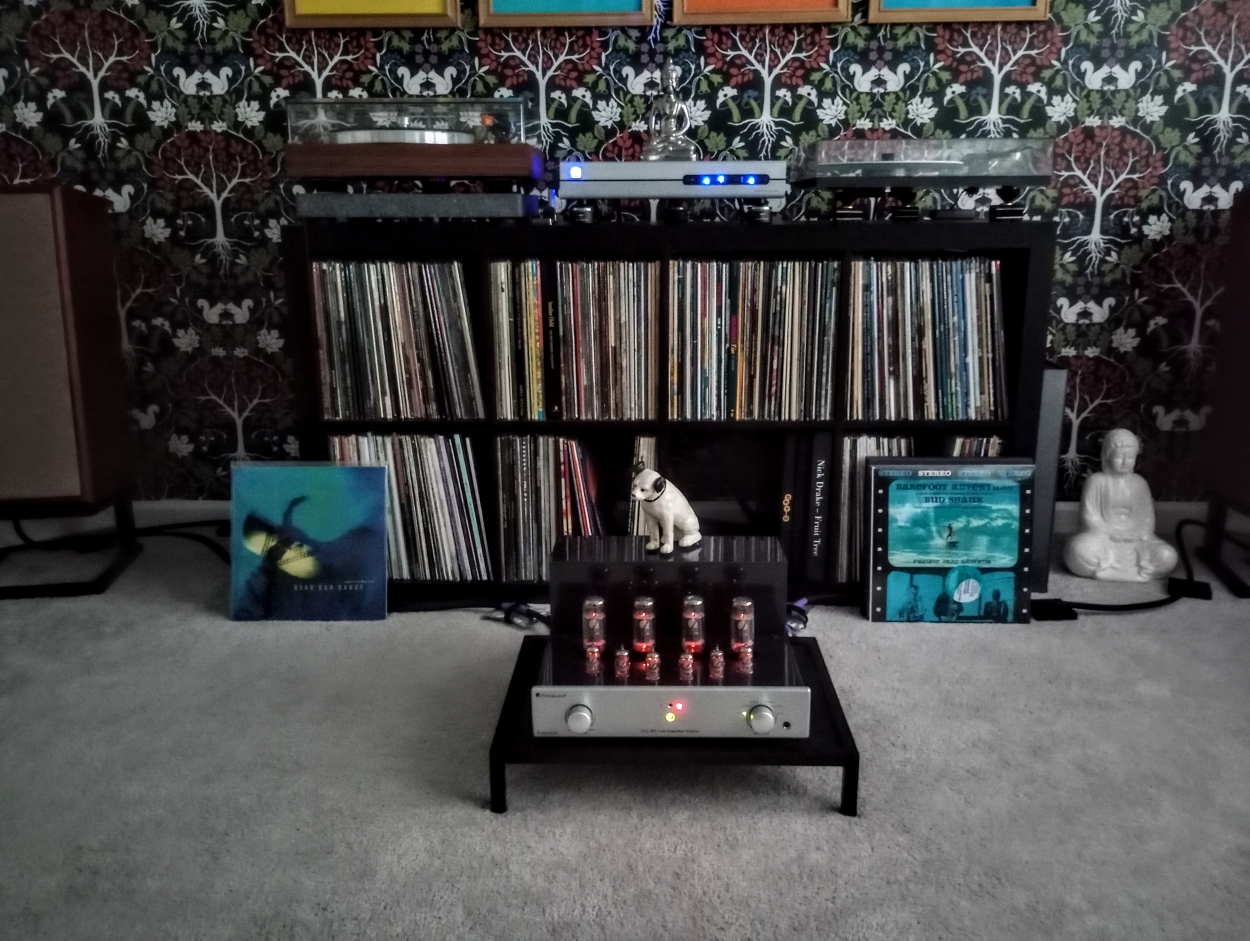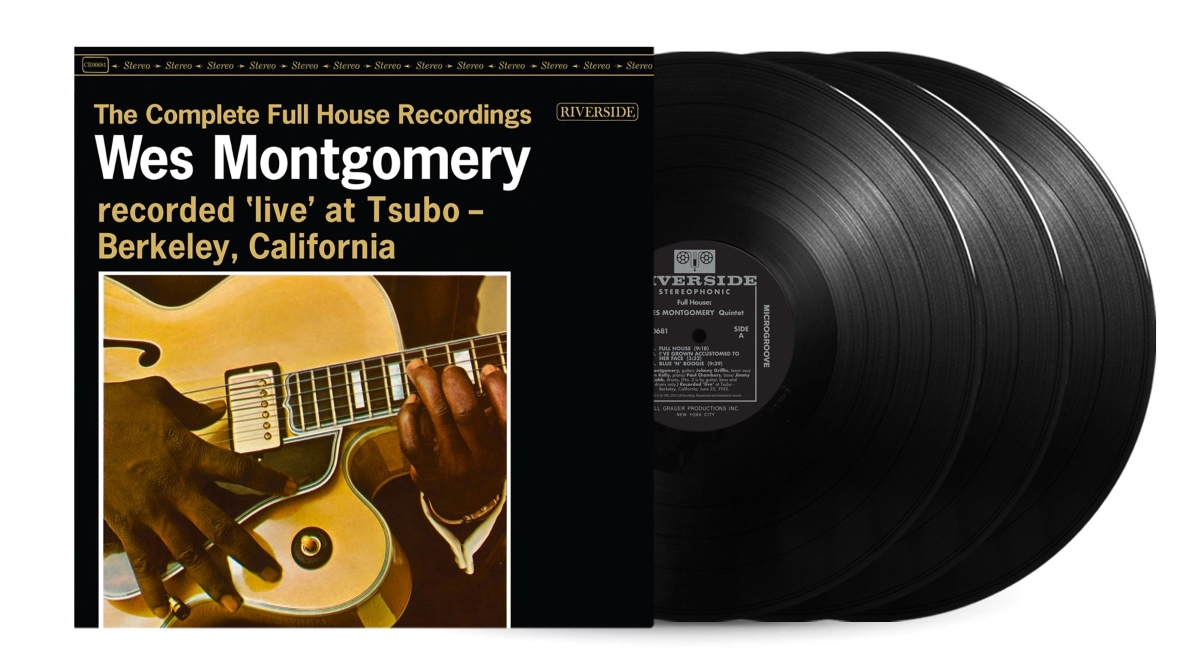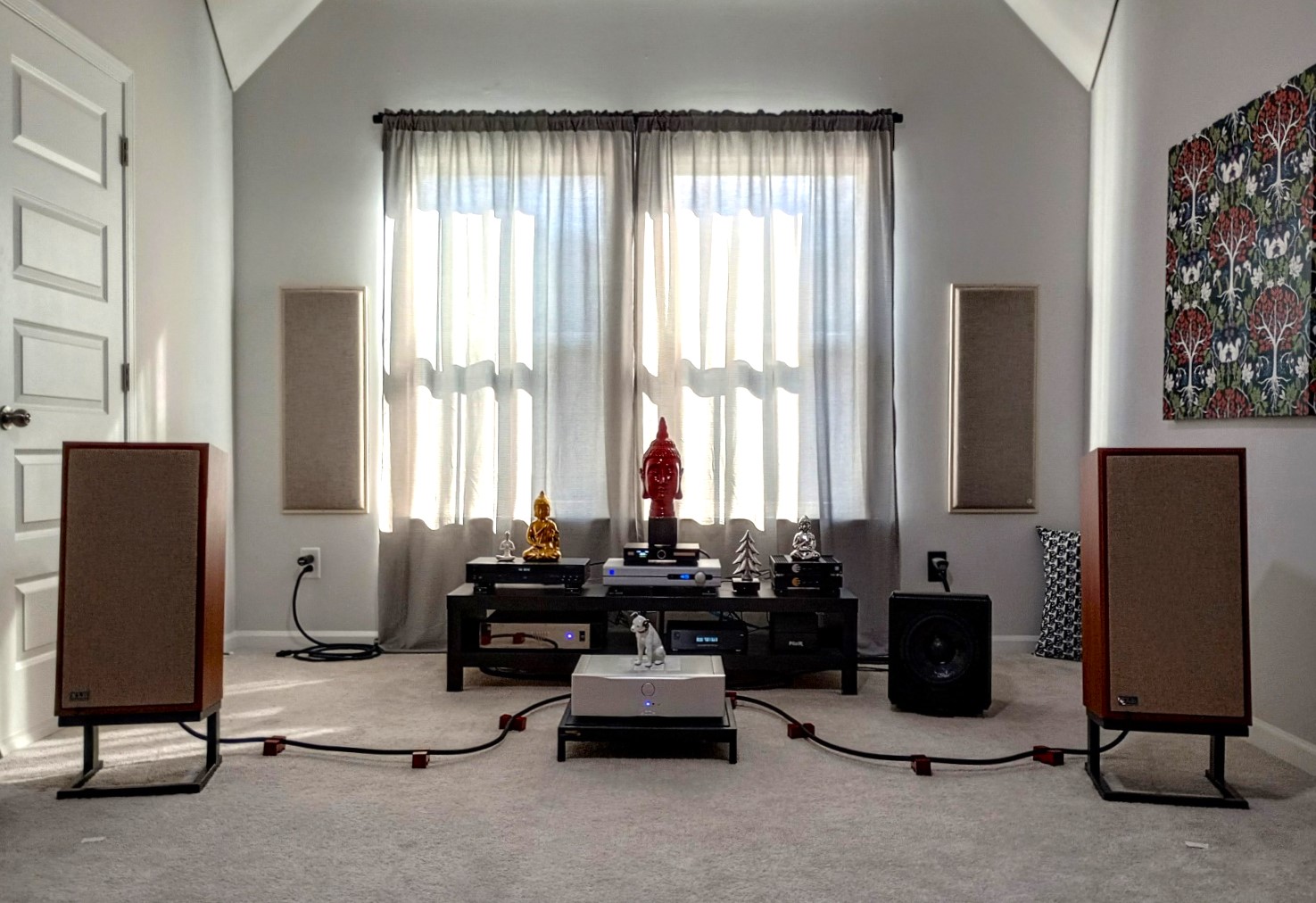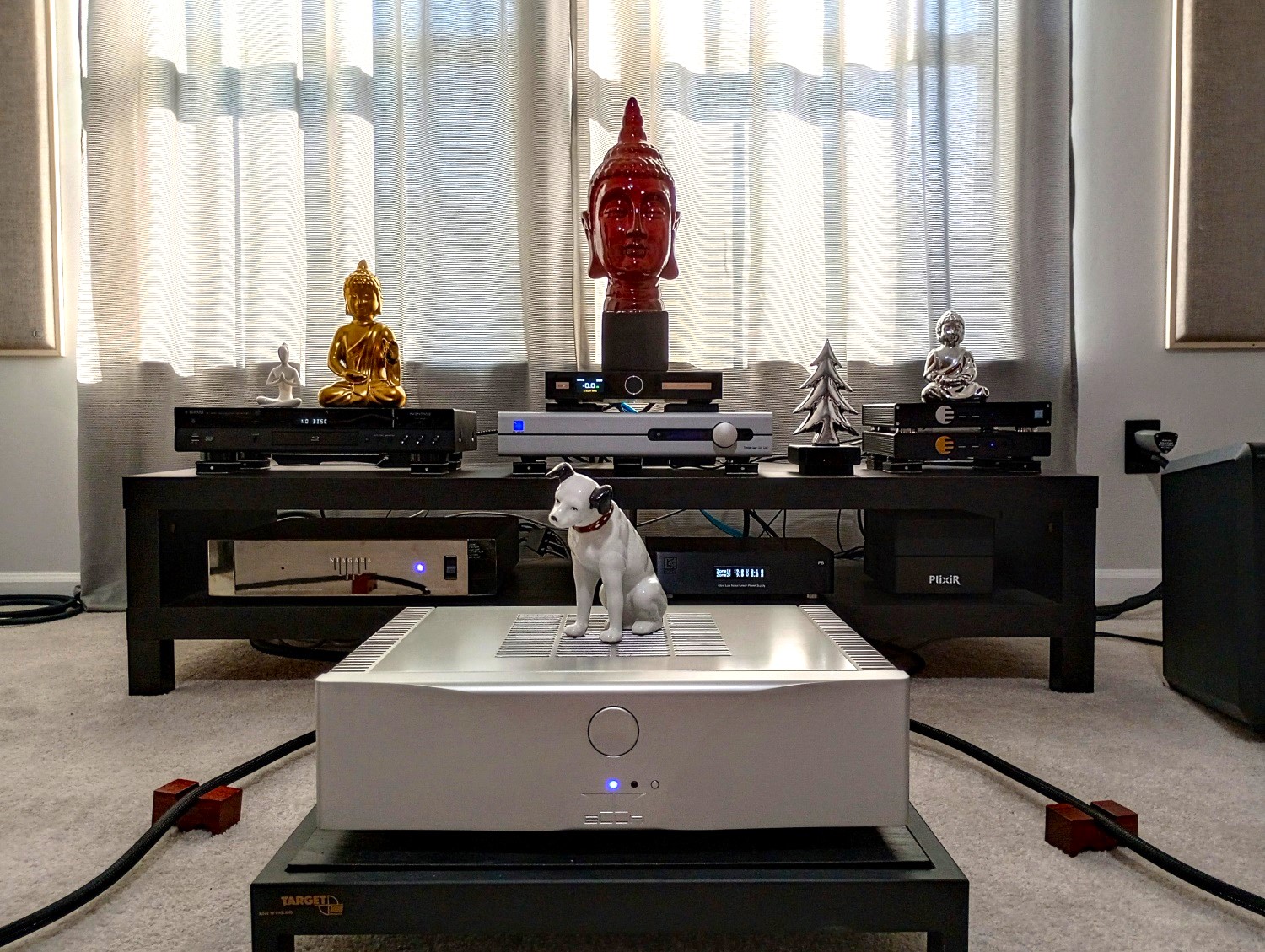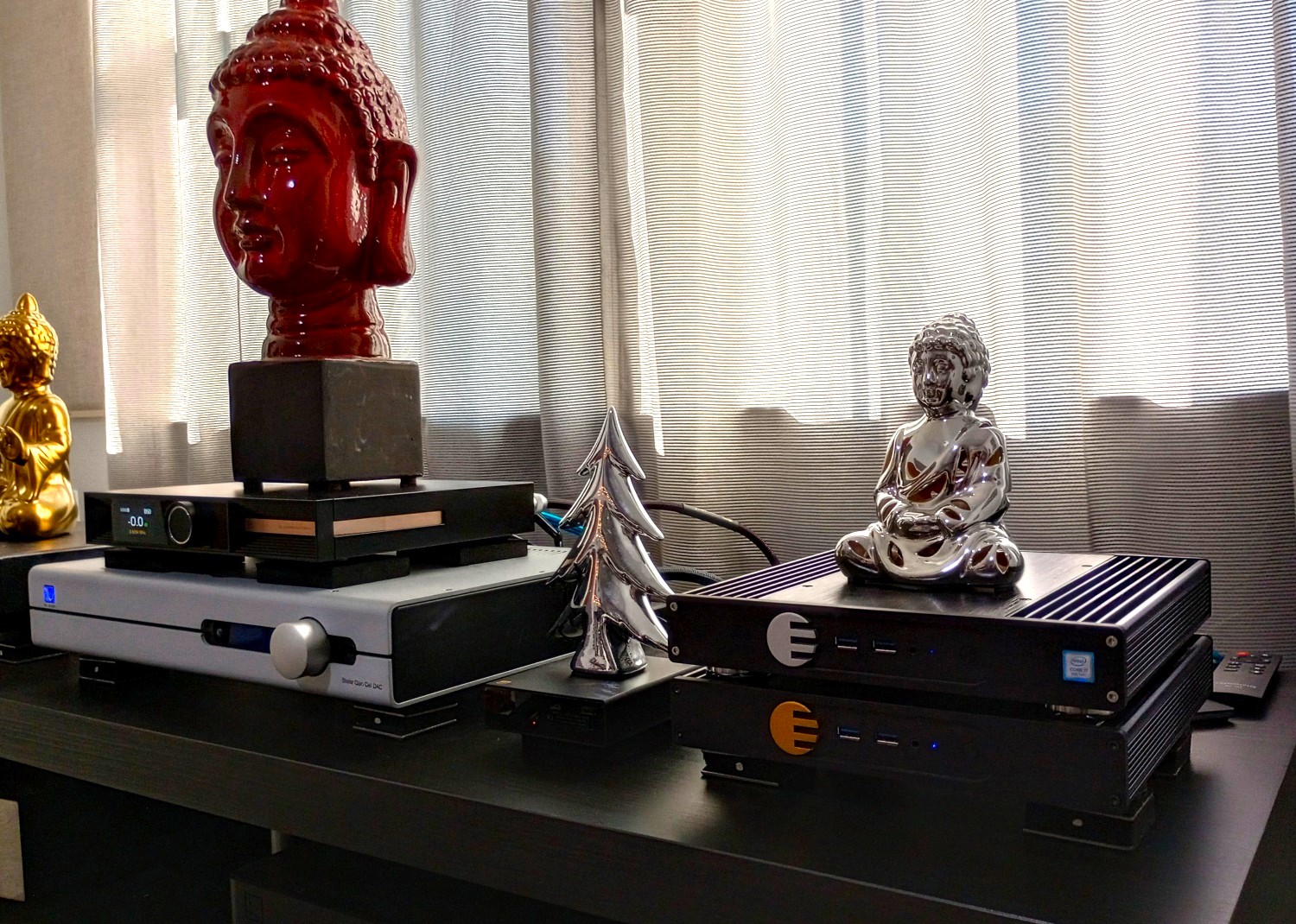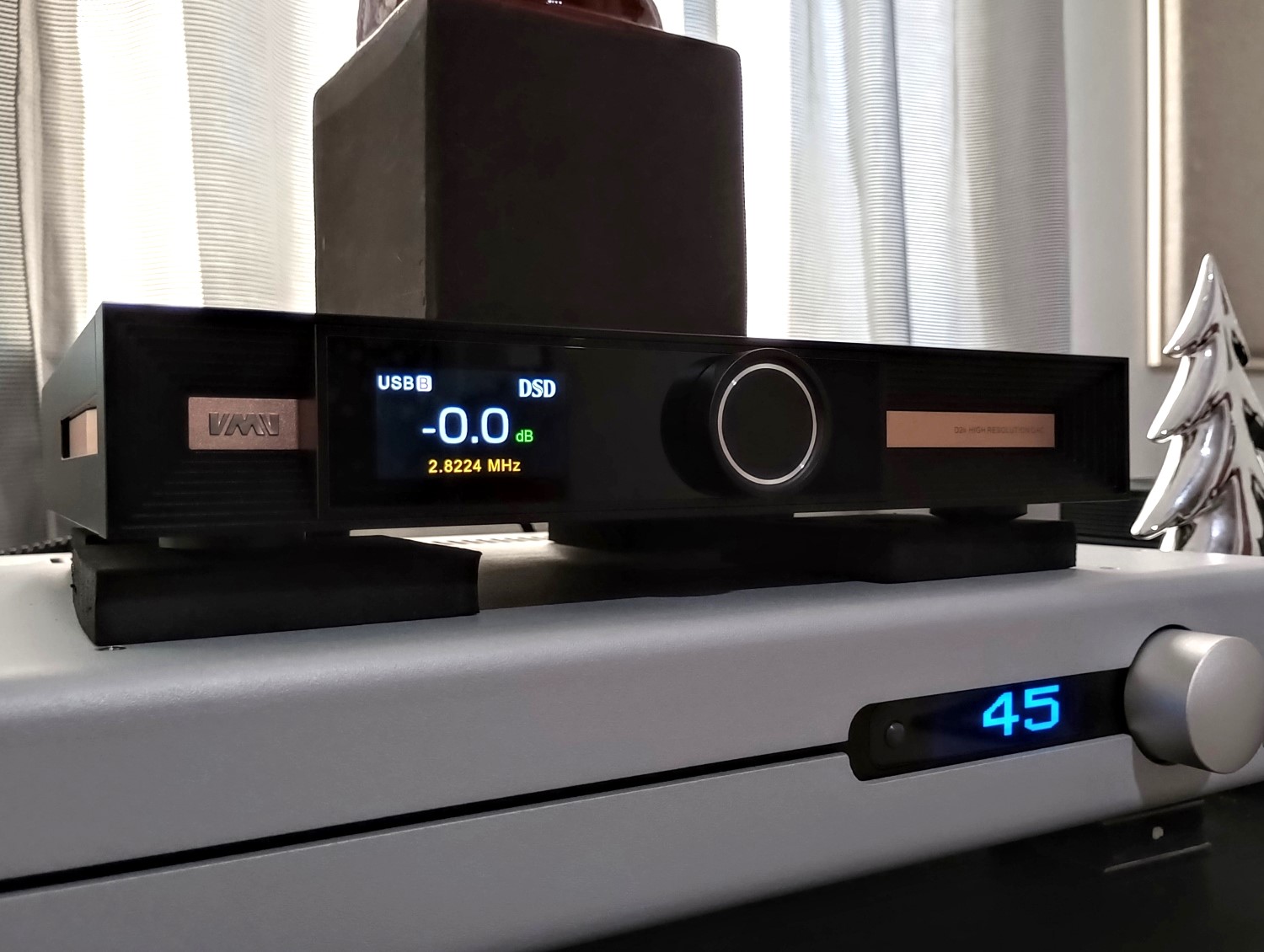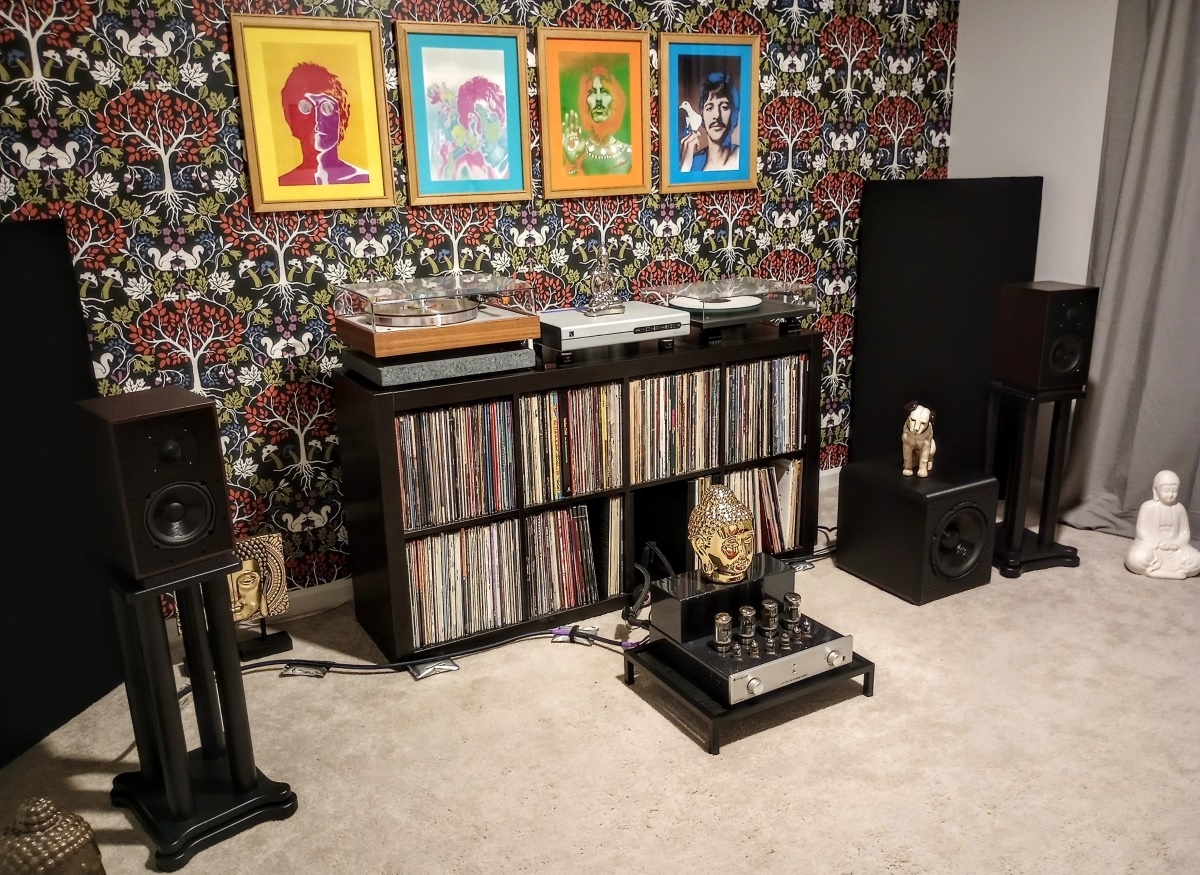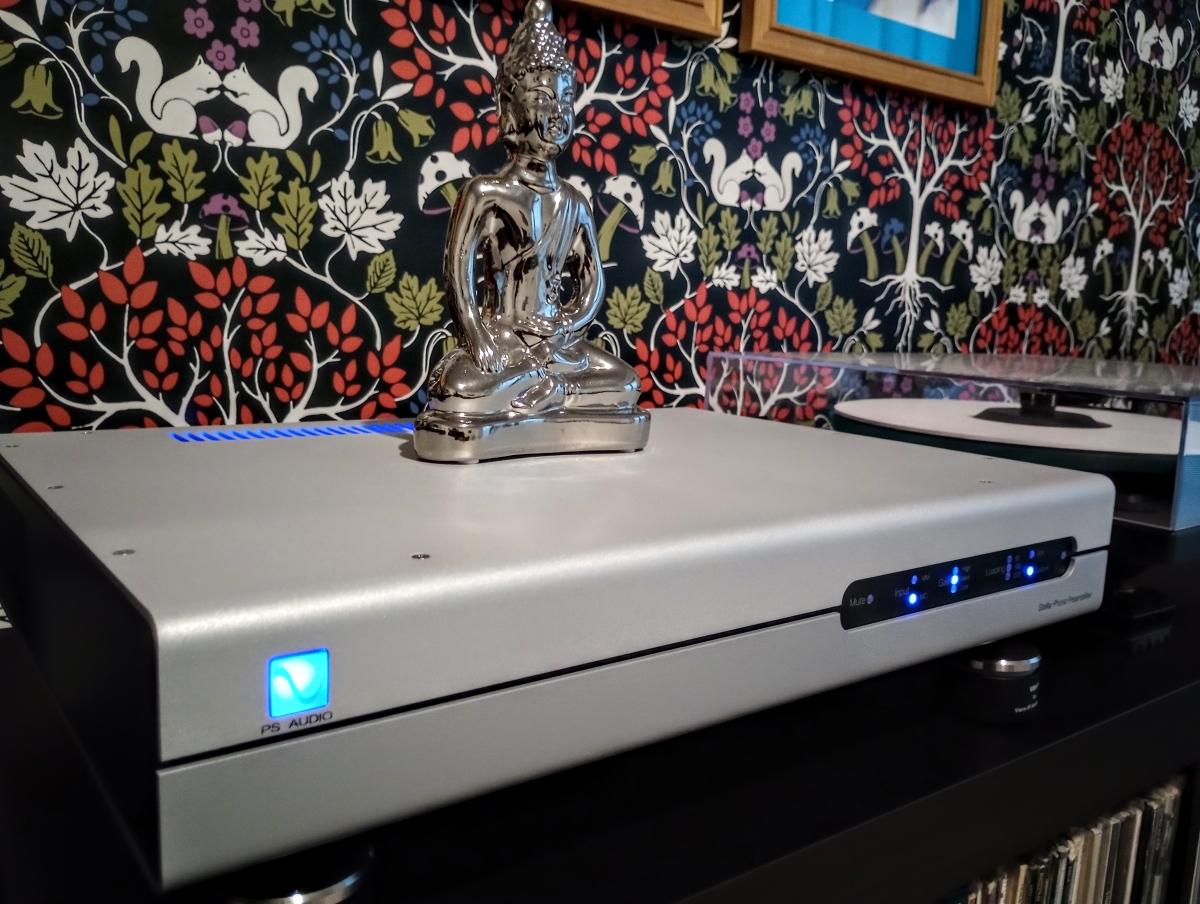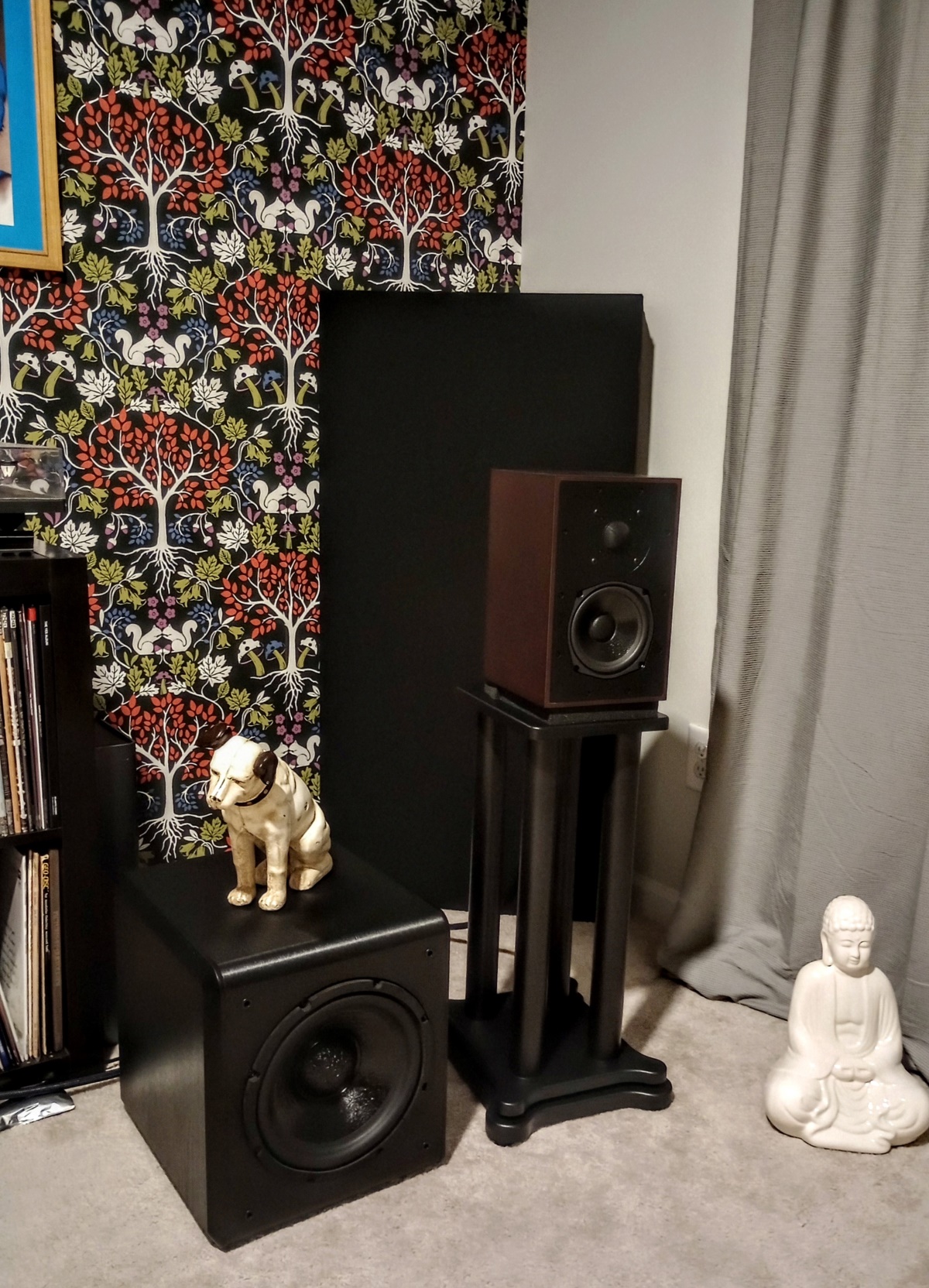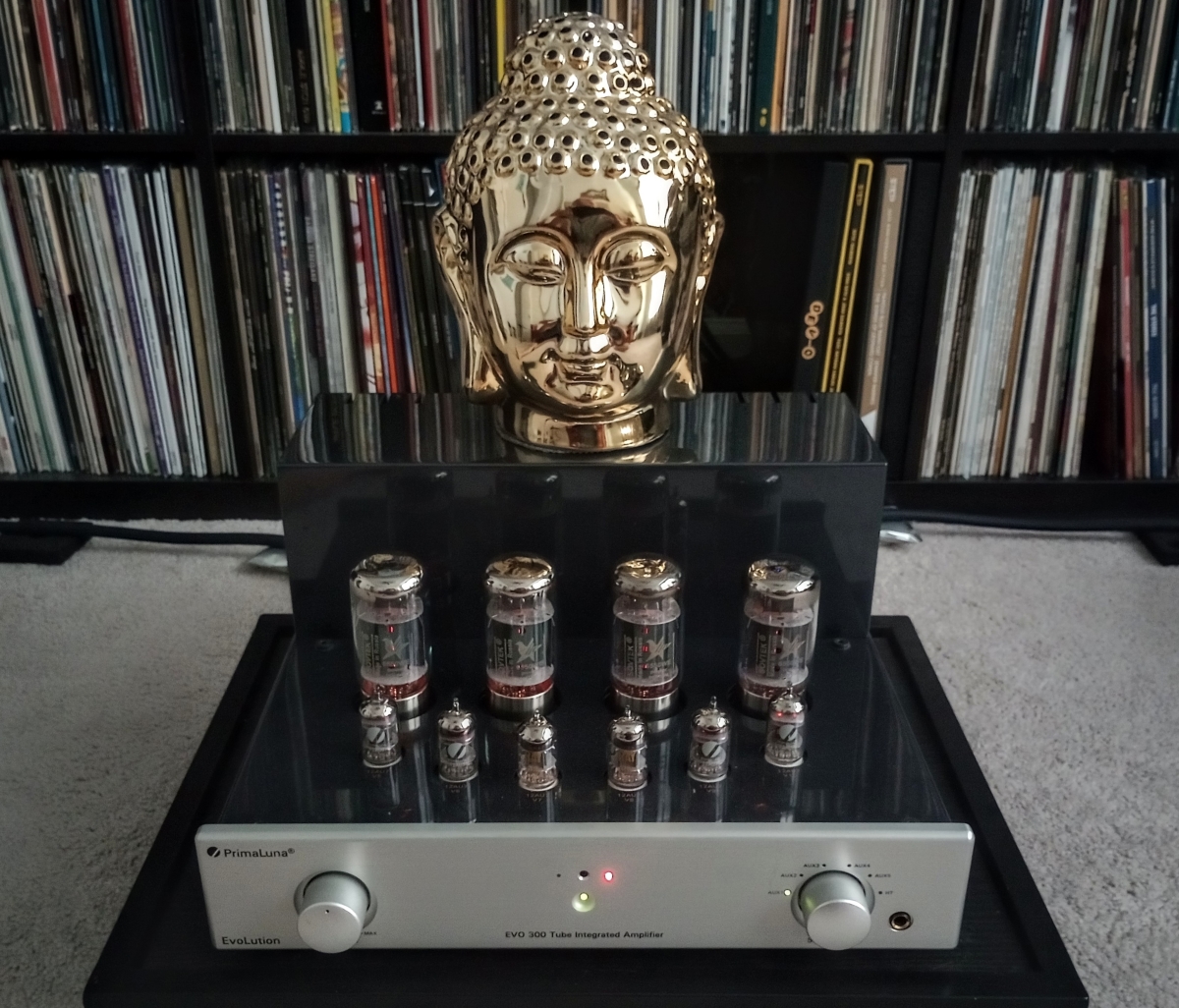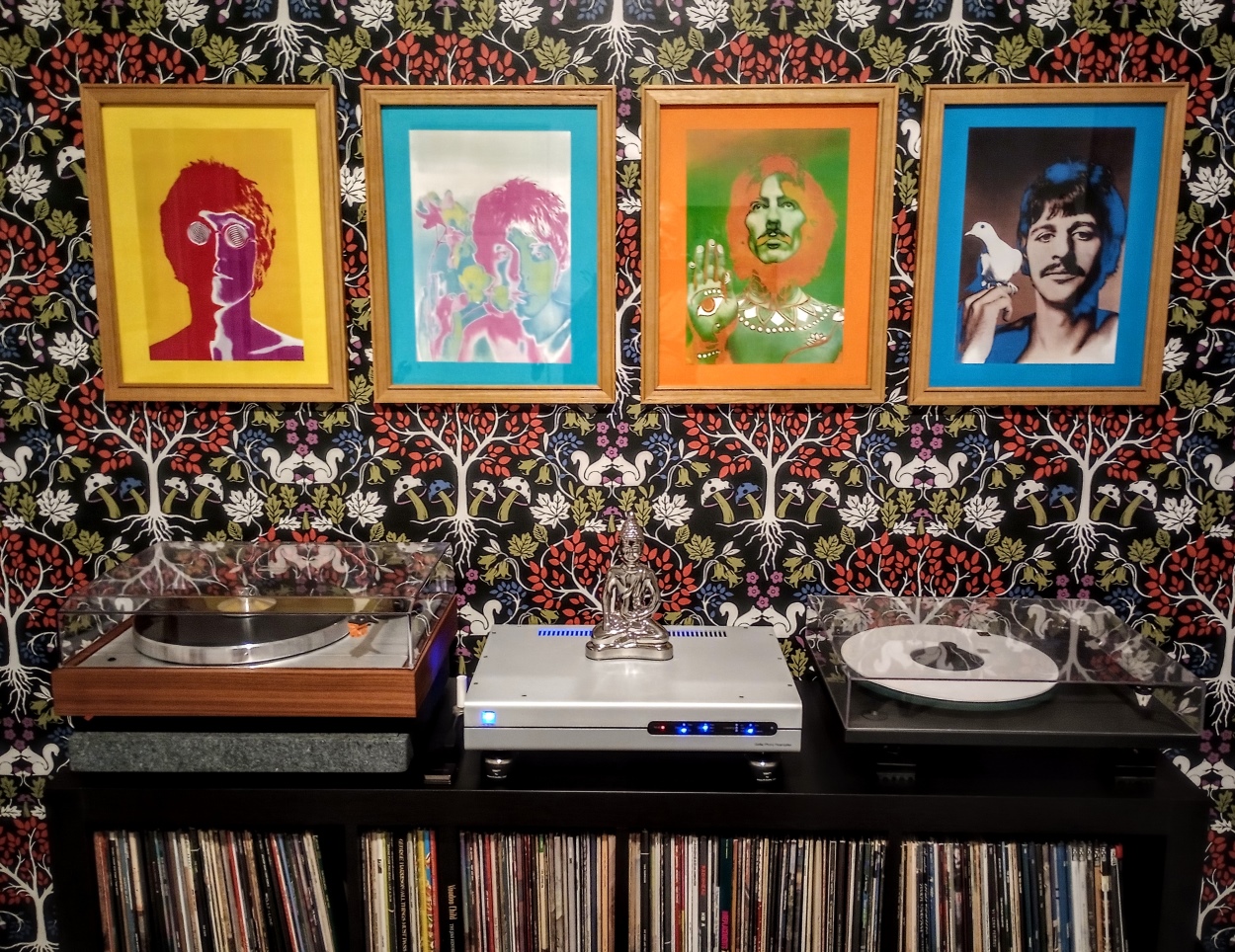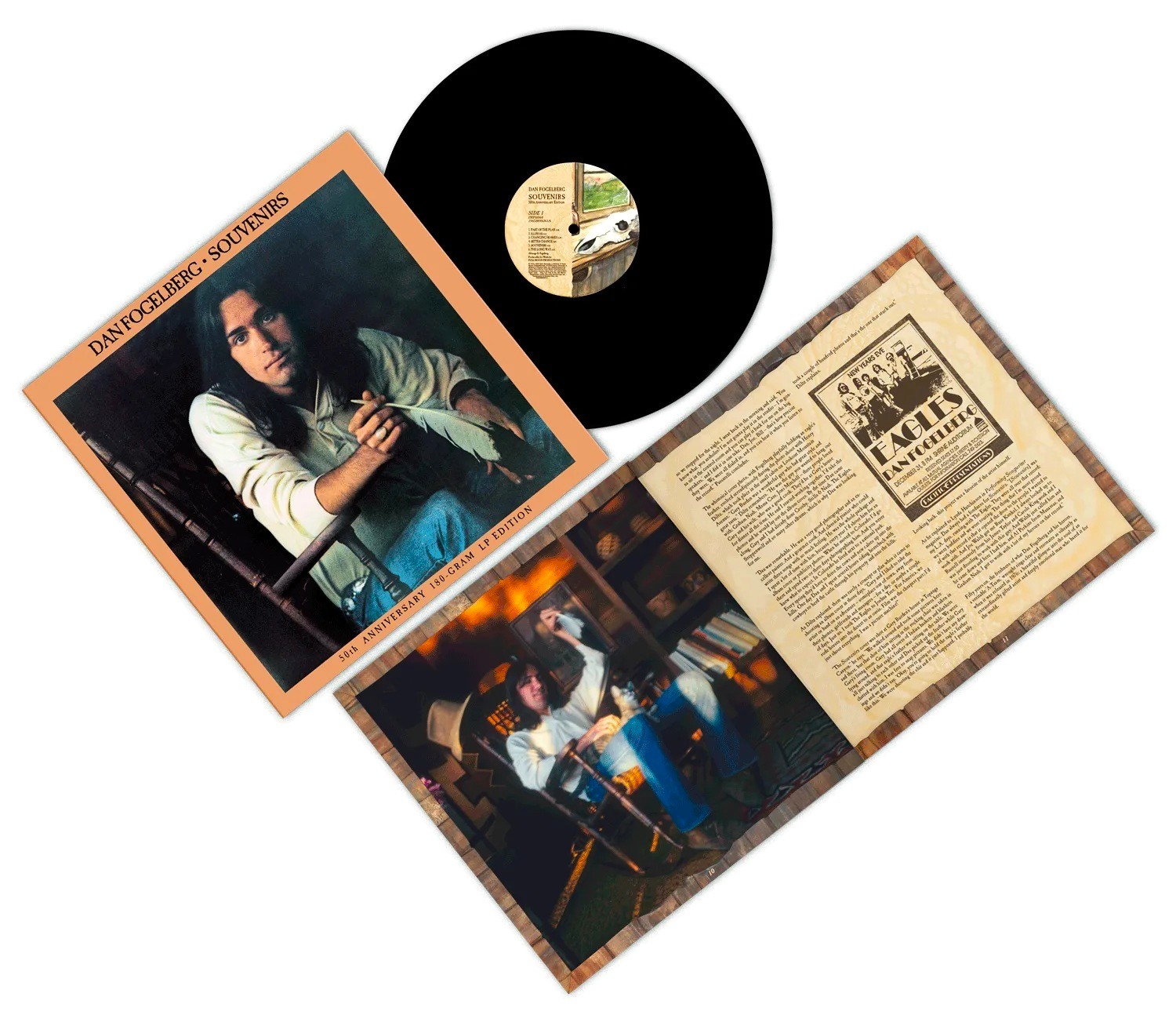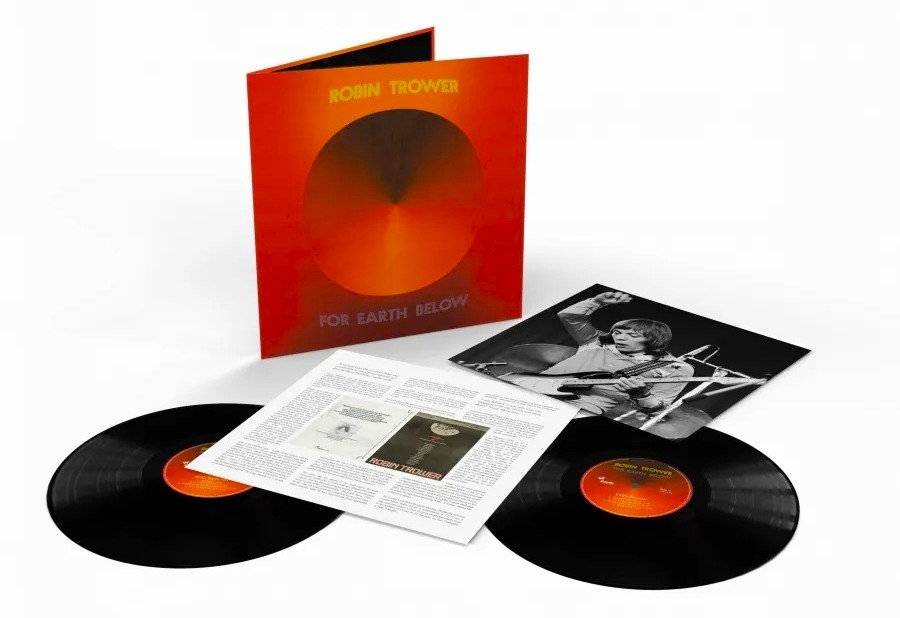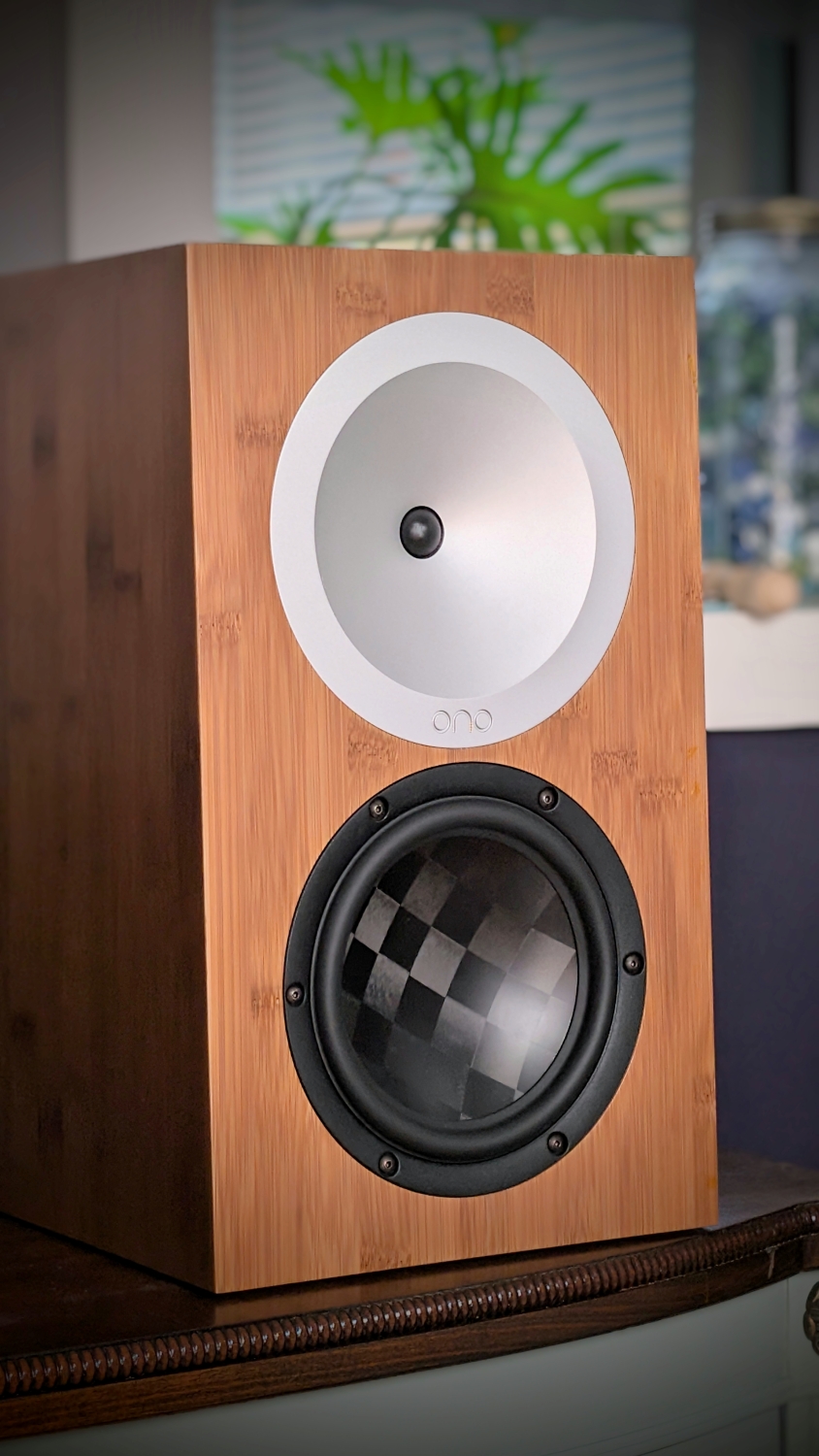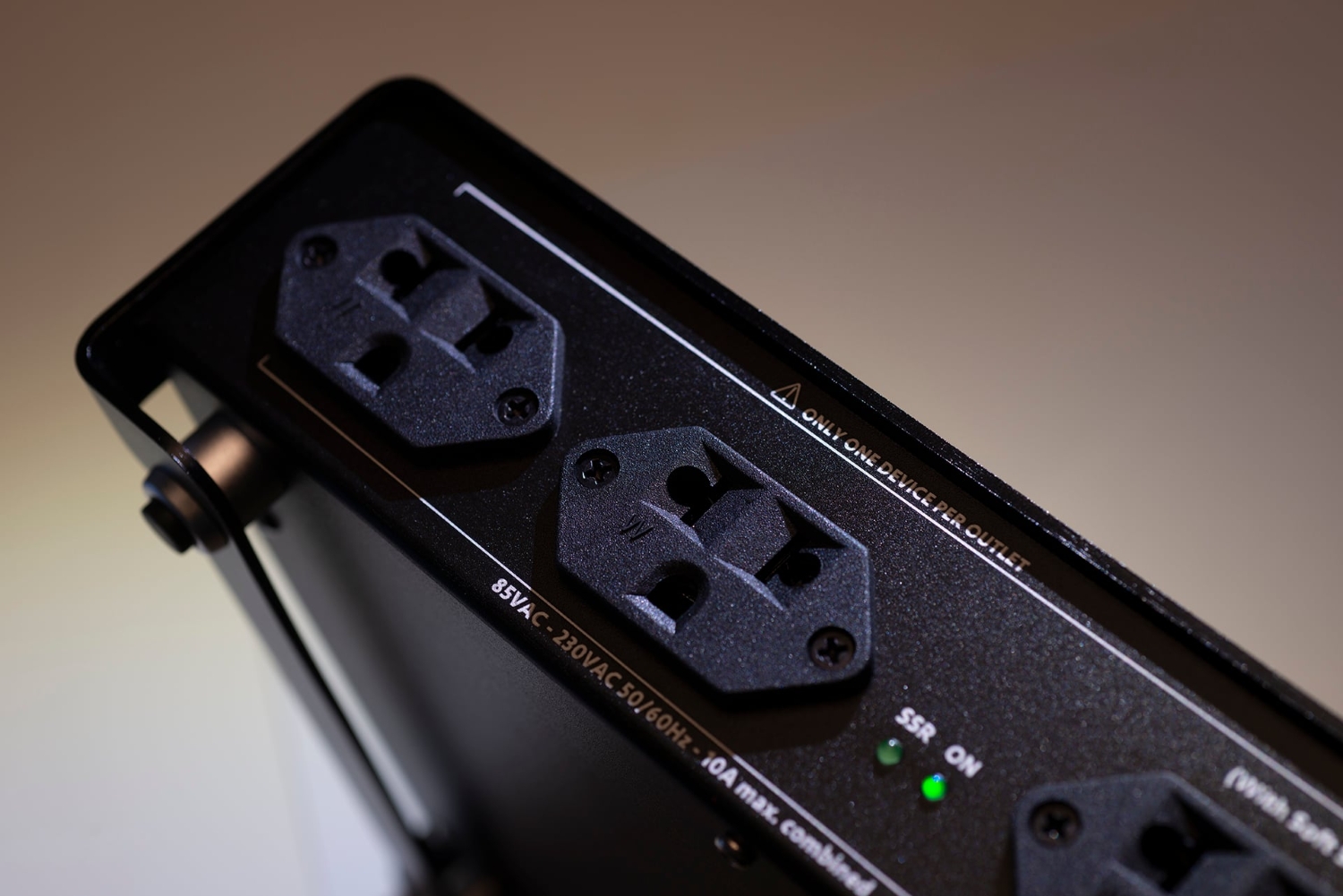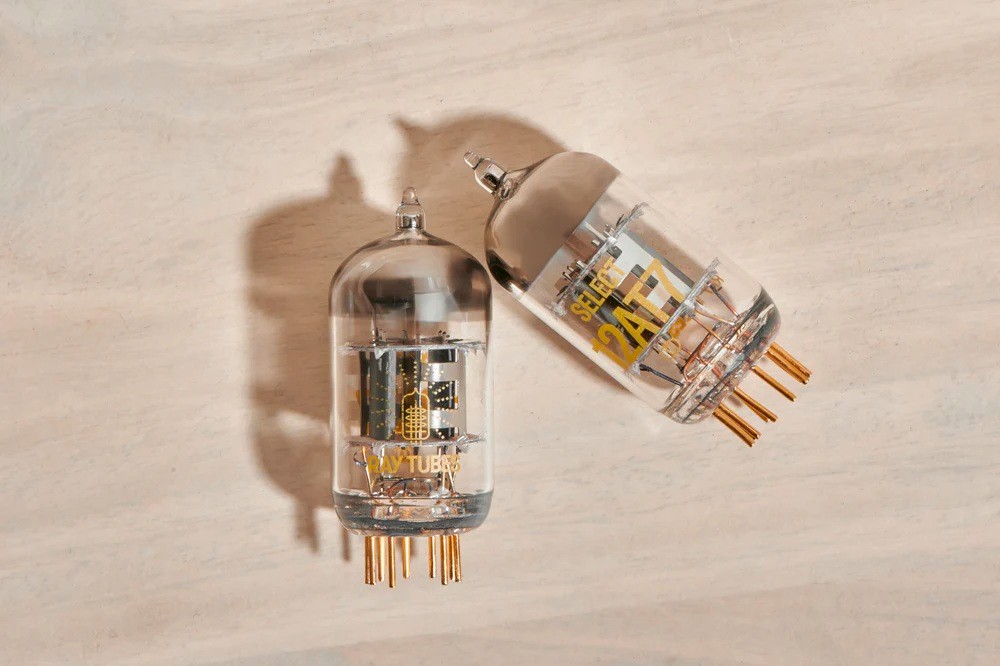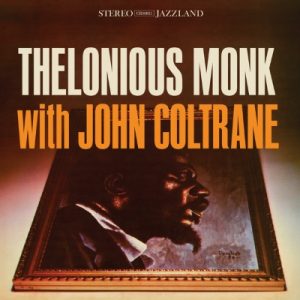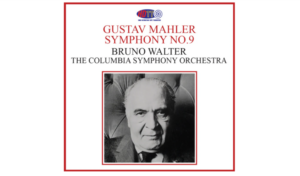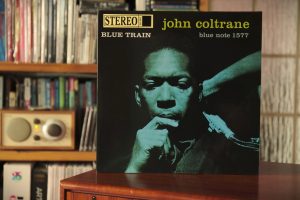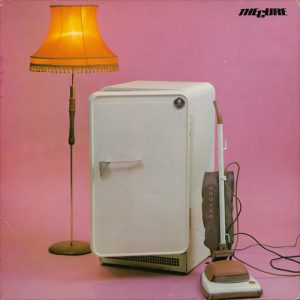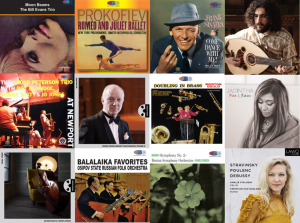On what would have been his centennial, Craft Recordings has releasing the complete recordings of jazz guitarist extraordinaire Wes Montgomery's seminal 1962 live date, Full House. Which in its new guise, The Complete Full House Recordings, presents everything recorded on June 25, 1962 at the short-lived Berkeley, California coffee house and jazz hotspot, Tsubo. Compiling all recordings from several sets on that day, this outstanding reissue features alternate takes, previously unreleased outtakes, and restored tracks that were edited in the studio for the album's original release.
Presented in an expanded, tip-on style gatefold jacket with a fold-in additional album sleeve, Craft's new reissue presents The Complete Full House Recordings in a three LP, 180 gram package that was pressed at Optimal in Germany. The album was remastered from the original analog tapes by Joe Tarantino, and lacquers were cut by Kevin Gray at Cohearent Audio. Included are extensive new liner notes and an essay from author and jazz journalist Bill Milkowski (Downbeat, Jazziz, Guitar Player); this package takes the original Full House release to a new level of enjoyability. Craft's reissue is also being released as a double compact disc version, and is also available for purchase as a high resolution 24-bit/192kHz digital download. While all physical versions of the album are sold out at Craft's web store, they're available from multiple online outlets, as well as at your local independent record store. The excellent hi-res digital download is available for purchase HERE.
Wes Montgomery, The Complete Full House Recordings. (3)180 Gram Craft Recordings LPs, $75.98 MSRP
Guitarist Wes Montgomery is among the most highly influential players in jazz, and wowed the critics and jazz lovers alike with his flashy performance style, which made him inimitable among jazz players of the era—or any era, for that matter. His playing featured an unconventional mix of cascading modes, scales, and sequences, and he often culminated his soloing progressions with block chords. His superimposition of triads and arpeggios over chords was unlike anything else in jazz guitar, and making things even more astounding, he didn't use a guitar pick! He developed his own technique, where he plucked the strings with his thumb; he came to that during his early years working as a machinist and welder, and it allowed him to practice the guitar late at night after his shifts without disturbing anyone. And Montgomery's thumb was double jointed, which allowed him to effortlessly move back and forth along the strings to achieve his trademark sound. His style—that cannot be duplicated and is rarely imitated—has fascinated jazz lovers and guitar players for decades. In his excellent liner notes, Bill Milkowski quotes the late, great guitarist Emily Remler, who said "I may look like a nice Jewish girl from New Jersey, but inside I'm a 50-year-old, heavy-set black man with a big thumb, like Wes Montgomery."
Producer Orrin Keepnews had decided that even though Montgomery's studio albums were testaments to his many talents, they paled in comparison to his live performances. For his sixth album in three years for the Riverside imprint, Keepnews booked him at a venue that had been gaining a growing reputation, the San Francisco Bay area coffee house Tsubo in Berkeley. Local entrepreneur Glenn Ross had sunk his life savings into Tsubo, which in the short year-plus of its existence became legendary for the performances that took place there, most noteworthy among them, this classic outing by Wes Montgomery. Ross' dream was to make the intimate space of Tsubo available to everyone to hear the finest in live jazz; consequently, he made the decision to make the club "all ages"—which translated into no alcohol sales to the club's patrons. That ultimately doomed the financial viability of Tsubo, and it closed in less than 18 months, eventually reopening as a speakeasy, Jabberwock. The club was located less than a mile from UC Berkeley, and in its new guise became ground zero for the brewing antiwar movement in protest of the US involvement in Vietnam.
For the Full House sessions, Wes Montgomery teamed with the Wynton Kelly trio, which was half of the Miles Davis Sextet, and featured Kelley on piano, Paul Chambers on upright bass, and Jimmy Cobb behind the drum kit. Chicago-based tenor saxophonist Johnny Griffin rounded out the quintet for the Tsubo performances. Montgomery's unparalleled performances of bop, blues, and ballads electrified the audiences of mostly college students, jazz aficionados, and hipsters alike, and the live magic captured by the recordings for Full House thoroughly resonated with the record-buying public.
Listening Results
As always, if you click on my name in the header, you can see the equipment I used to evaluate this classic LP set. My analog setup has recently changed, and now incorporates an excellent PS Audio Stellar phono preamp that has available inputs for two turntables, which greatly facilitates my playback of classic stereo as well as mono LPs. The unit is now thoroughly run-in, and I've finely tuned the custom settings for moving coil and moving magnet cartridges; along with the ease of use, I'm also enjoying a significant uptick in sound quality. I played the LPs from The Complete Full House Recordings on my ProJect Classic EVO turntable that's fitted with an Ortofon Quintet Bronze MC cartridge. That signal was fed to my PrimaLuna EVO 300 tube integrated amplifier, which in turn powered the KLH Model Five loudspeakers. It's a system with a very vintage vibe, especially with vinyl playback, but it produces a seriously modern high-end sound aesthetic.
The LP pressings from Optimal were perfection incarnate with this release; the three LPs were all perfectly flat and centered, had nicely glossy surfaces, and exhibited no surface noise. The LPs were inserted in scratch-free, rice paper inner sleeves, which guard against paper dust and static in the album's grooves and surfaces. My playback experienced zero hiccups; the Optimal pressings are definitely superb. I was also provided with the digital files for this set; they were definitely on par with the excellent LPs, but if you've jettisoned your turntable, I'd definitely consider springing for the 24/192 digital download.
Coda
In his liner notes, Bill Milkowski nails it: Wes Montgomery was a genius who influenced generations of guitar players. He also mentions that when Wes Montgomery toured with brothers Buddy and Monk Montgomery as the Mastersounds, they'd become widely recognized as the West Coast equivalent of the much higher profile Modern Jazz Quartet. One of Montgomery's most frequently played originals is "West Coast Blues," and I've regularly heard his playing style jokingly referred to as "Wes" Coast jazz! The coolness of this alternative to the hard-bop stylings of most New York sessions of the day is quite nearly irresistible, witnessed here by the quintet's performance of Mel Torme's "Born To Be Blue," which is significantly more free and easy than any other version out there. Nuff said!
Wes Montgomery's The Complete Full House Recordings clocks in at around $75 for the triple LP set; the expanded track selection, upgraded packaging, and outstanding pressings from Optimal help justify the price. Recommended.
Craft Recordings
All images courtesy of Craft Recordings and the author





